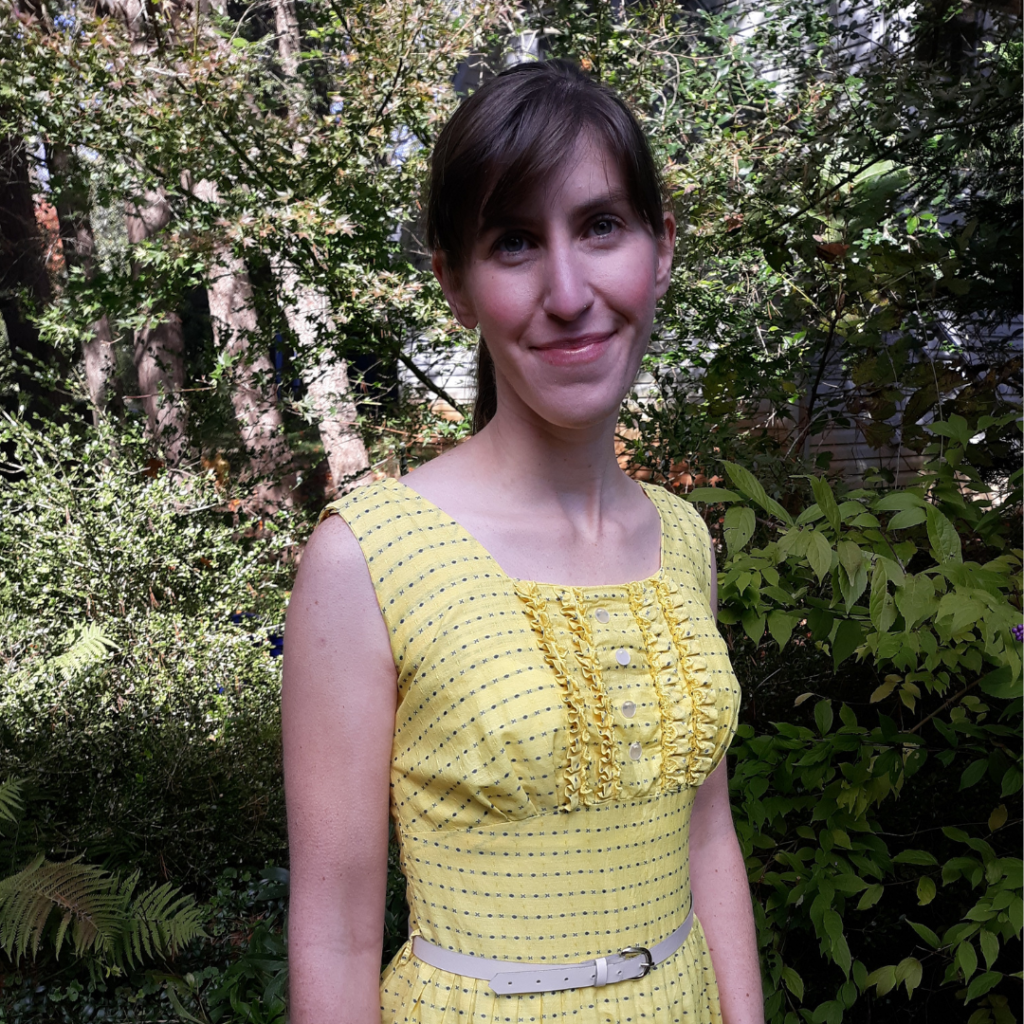Because of an overly broad application of the word “joy,” I am sometimes hesitant to claim a sense of true joy. I can certainly be very happy at times, but I can also be very sad, even depressed. It’s a mental battle for me to hold onto joy and peace when life is hard. Because words and integrity are important to me, I hesitate to overstep by claiming joy if I am simply happy. At times, I have related more closely with the feelings in Psalm 137 than I have with well known passages about joy.
By the waters of Babylon,
There we sat down and wept, when we remembered Zion.
On the willows there we hung up our lyres.
For there our captors required of us songs,
And our tormentors, mirth, saying, “Sing us one of the songs of Zion!”
How shall we sing the Lord’s song in a foreign land? (Psalm 137:1-4)
I’m thankful that this passage is in Scripture. It is a reminder that there are times for lament and sorrow. For the Israelites at this point in history, the sorrow was great indeed. Not only were they being oppressed and mistreated, they were spiritually destitute. Because of their sin, the land, the symbol of God’s promise and faithfulness was lost. Even worse, the temple, the symbol of God’s presence with them and the authorized location of atonement, was destroyed.
I know from Scripture that I can acknowledge openly before God when I lack a sense of joy.
However, I was also reminded of a similar situation with a different response, of righteous people who were being held captive unjustly in a foreign land, who did choose to sing the Lord’s songs. Paul and Silas were preaching the good news in Philippi when they were falsely accused before a magistrate, stripped, beaten, and thrown into the inner prison in chains. This would have been a situation where it would have been reasonable for them to say in anguish, “How shall we sing?” However, Acts 16 tells us that around midnight, Paul and Silas were both praying and singing hymns to God. This was not quiet humming or singing to comfort themselves, but loud enough that the other prisoners were listening.
Though Paul and Silas are in a foreign land, held captive and oppressed, they clearly had a very different perspective and response than the psalmist. They were not bearing the weight of God’s punishment or fearful that God’s presence would not return to them in the absence of a physical symbol. They had confidence because God had come physically, giving His presence in an unlooked for way and establishing a spiritual kingdom. They knew that His death and resurrection guaranteed that condemnation would not rest on them any longer and there was no fear of God’s wrath. They had seen a much fuller picture of God’s character and plan than the Israelites of Psalm 137. It is summed up in their response to their jailor, “Believe in the Lord Jesus, and you will be saved.” (Act 16:32)
I also know that time spent meditating on the big picture of what Jesus has done for us, is what brings us from mourning to joy.
When the jailor and his household believed, along with Lydia and others not mentioned by name, they formed the church in Philippi. Paul would later write a letter to them (the Epistle to the Philippians) to remind them of the joy they had through Christ, which Paul had already modeled for them.
I know from Scripture that I can acknowledge openly before God when I lack a sense of joy. I also know that time spent meditating on the big picture of what Jesus has done for us, is what brings us from mourning to joy. Though we may weep for a time like the psalmist, we can also sing for joy with Paul with each fresh remembrance of the good news.

Chelsea Barnwell
HBC KIDS MINISTRY VOLUNTEER COORDINATOR
Formerly a classroom teacher, Chelsea is passionate about education, children’s literature, and communicating the biblical narrative. When spending time with friends and family, she enjoys hiking, dancing, and a good bonfire. She also enjoys writing and sewing.

